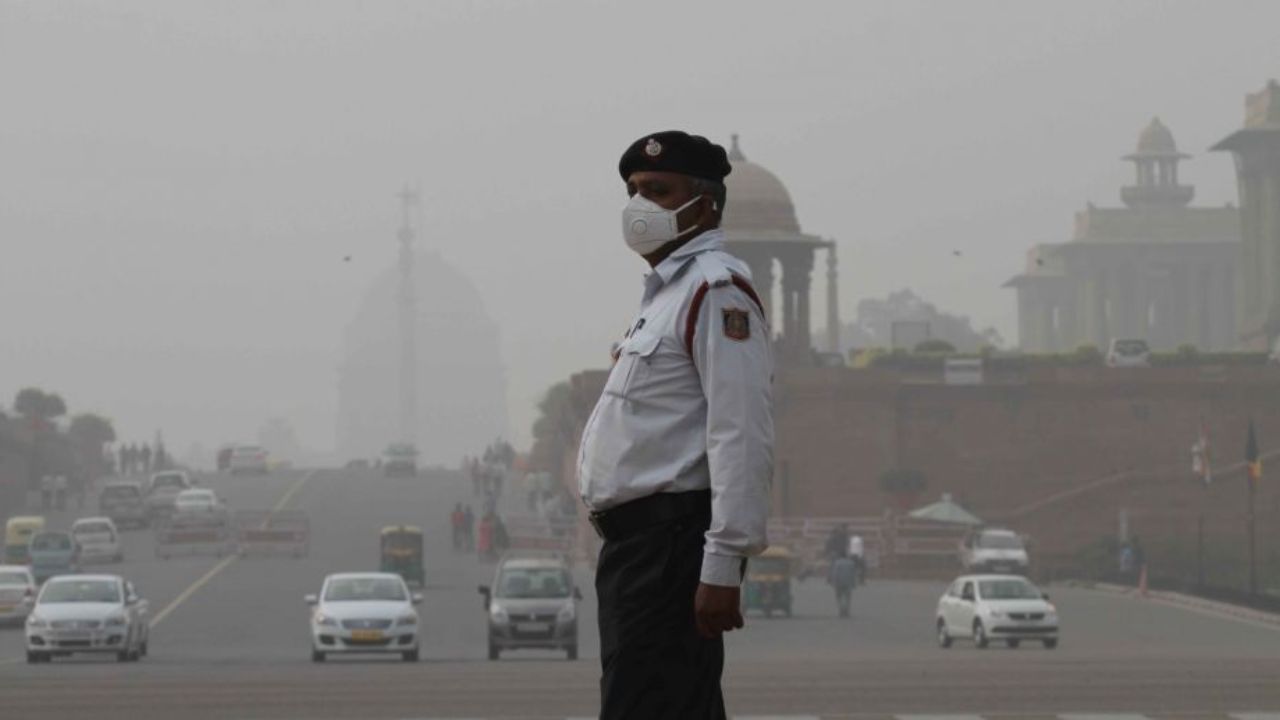Overview of the Mpox Clade 1 Variant: The More Virulent and Lethal Strain Detected in Kerala
India Reports First Case of the Mpox Clade 1 Variant in Kerala India has confirmed its first case of the Mpox clade 1 variant in a 38-year-old man from Malappuram district in Kerala. This variant, identified

India Reports First Case of the Mpox Clade 1 Variant in Kerala
India has confirmed its first case of the Mpox clade 1 variant in a 38-year-old man from Malappuram district in Kerala. This variant, identified as a more “deadly” strain of the virus first discovered in the Democratic Republic of Congo, has raised concerns among health officials. According to reports from PTI, the patient, who recently returned from the United Arab Emirates and tested positive last week, is currently stable. He exhibited symptoms including fever and a rash resembling chickenpox, prompting his doctor to send a sample for testing. This case marks the first instance of the variant that led the World Health Organization (WHO) to declare Mpox a public health emergency for the second time last month.
Prior to this, another individual in Delhi was suspected of having the infection, but it was later confirmed as a Clade II infection.
Since the WHO declared Mpox a Public Health Emergency of International Concern in 2022, India has reported a total of 30 cases.
Understanding the Clade 1b Infection
Dr. Ravi Shekher Jha, director of pulmonology at Fortis Hospital in Faridabad, explained that Mpox is categorized into two clades: clade I and clade II, with “clade” referring to a viral lineage. Clade 1 is noted to be the more virulent and lethal version of the virus. In contrast, infections from Clade II, which caused the global outbreak in 2022, tend to be less severe, with over 99.9% of infected individuals recovering from the disease.
Mpox is caused by the monkeypox virus (MPXV), part of the Orthopoxvirus genus. Dr. Jha elaborated that clade 1b is a genetic variant within the Central African (Congo Basin) clade, typically associated with more severe symptoms compared to the West African clade. He clarified that clade 1b is not a variant name but rather a genetic sublineage within a broader classification.
Transmission and Symptoms
Transmission of the virus can occur through various routes. Besides sexual contact, the virus can enter the body through mucous membranes in the mouth, broken skin, eyes, or nose. Dr. Kirti Sabnis, an infectious disease specialist at Fortis Hospital Mulund & Kalyan, noted that direct contact with infected animals, especially rodents, which are natural hosts of the virus, is also a means of transmission.
Symptoms of Mpox in clade 1b typically align with those of other clades but may vary in severity. Common symptoms include:
- Fever
- Headache
- Muscle aches
- Back pain
- Swollen lymph nodes
- Chills
- Exhaustion
A rash usually appears one to three days after the onset of fever, starting on the face and spreading to other areas, including the palms and soles. The rash progresses through several stages—macules, papules, vesicles, and pustules—before forming scabs and eventually falling off.
Treatment and Prevention
While there is no specific treatment for Mpox, antiviral medications developed for smallpox, like tecovirimat, may be used in severe cases. Most patients recover on their own within a few weeks with supportive care, which includes:
- Hydration: Keeping the patient hydrated.
- Pain management: Administering analgesics to alleviate pain from lesions and other symptoms.
- Addressing secondary infections: Treating any bacterial infections that may arise from skin lesions.
Dr. Jha also mentioned that vaccines originally developed for smallpox, such as JYNNEOS or ACAM2000, may provide protection and can be used for both prevention and post-exposure prophylaxis.
Should You Be Concerned?
Human-to-human transmission of Mpox is less common than zoonotic transmission (from animals to humans), but outbreaks can still occur, especially in areas where humans have close contact with infected wildlife or individuals. Dr. Jha expressed concern over the identification of the clade 1b variant in India, noting that the country’s dense population could lead to a significant outbreak.
Prevention Strategies
To prevent Mpox, particularly the clade 1b variant, several strategies are recommended:
- Vaccination: High-risk individuals, such as healthcare workers or those in outbreak areas, should be vaccinated to reduce the risk of infection.
- Avoiding contact: Limit exposure to infected individuals or animals, especially in outbreak zones, and avoid handling contaminated materials like bedding or clothing.
- Hygiene: Maintain good hygiene practices, including frequent handwashing with soap and water, particularly after contact with infected individuals or animals.
- Isolation: Individuals diagnosed with Mpox should isolate themselves and seek appropriate medical guidance.




